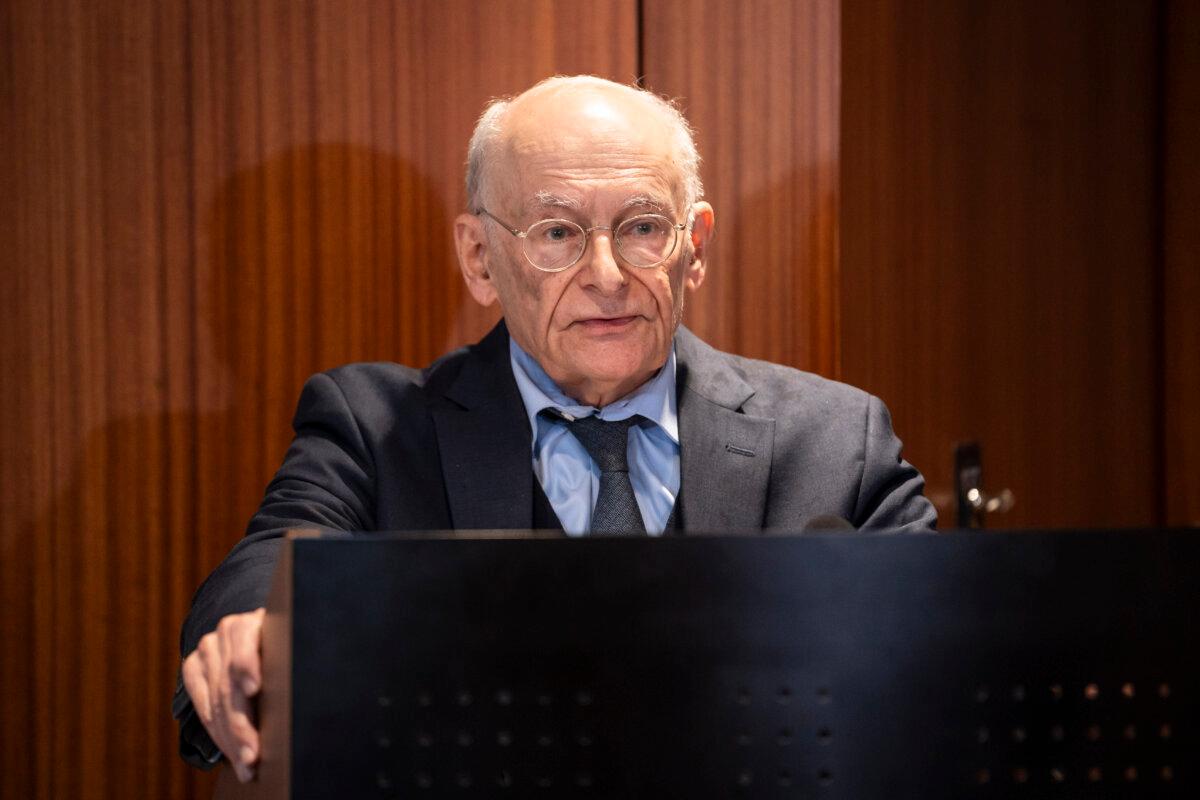Wide exposure on the world stage of Beijing’s systematic forced organ harvesting scheme could trigger the communist regime’s fall, according to a Chinese prison survivor.
The Chinese regime’s state-led action—taking organs from prisoners of conscience to fuel its for-profit transplant industry—is “so evil” that “everyone will stand up to be against it,” William Huang, a dissident who spent five years in a Chinese prison and eventually escaped to the United States, told The Epoch Times.
“This is why they [the regime] try their best to hide this crime,” he said.
Huang made the remarks after appearing in a recent webinar urging world leaders to call out the regime for its abuses.
Annie, who used an alias in speaking with The Epoch Times, said her ex-husband participated in taking corneas from detained Falun Gong practitioners in a northeastern Chinese hospital. Doing such work took a mental toll on the doctor. Annie said he had frequent nightmares, with his sweat soaking through the bedsheets.
Huang, a Falun Gong practitioner himself, became Beijing’s target over his involvement in setting up The Epoch Times’ website in China in 2000.
But Huang, as well as many others, shared frustration over the lack of awareness among the general public.
Patients, by receiving transplants from China, would become unwitting accomplices, the specialist in trauma surgery and orthopedics said.
“It’s a crime from both sides,” he said.
“Forced organ harvesting is a red line for the CCP,” said Huang, referring to the Chinese Communist Party. “They don’t want people to cross that red line.”
And that means trying “everything to deny it, to hide it,” he said.

Unfamiliarity and inattention feed into each other, said human rights lawyer David Matas, who has authored several investigative works on the issue.
Except for Taiwan, few places in the world require hospitals and doctors to report information about patients who receive organs in foreign countries, which would make it easier to track the organ transplant tourism that has helped to sustain forced organ harvesting.
“People don’t know how big the problem is,” he said at the panel. As a result, “we don’t have the mobilization.”

Part of the challenge is that “the CCP is constantly trying to project its influence and protect its interests around the world,” he told The Epoch Times.
It’s hard to predict what consequences advocacy on the issue will lead to in the long term, Genuis said, but the most important thing is to “draw attention to the rights of victims of these cases and to work for truth and justice.”
Human rights should “definitely be on the agenda” for bilateral talks with China, he said, and countries should do more to stop the forced organ harvesting abuse, including by adopting laws similar to what Canada has.
“I hope that as attention is brought to these abuses, it will bring about changes—changes in the behavior of the regime and changes that lead to a different approach to politics,” Genuis said.







